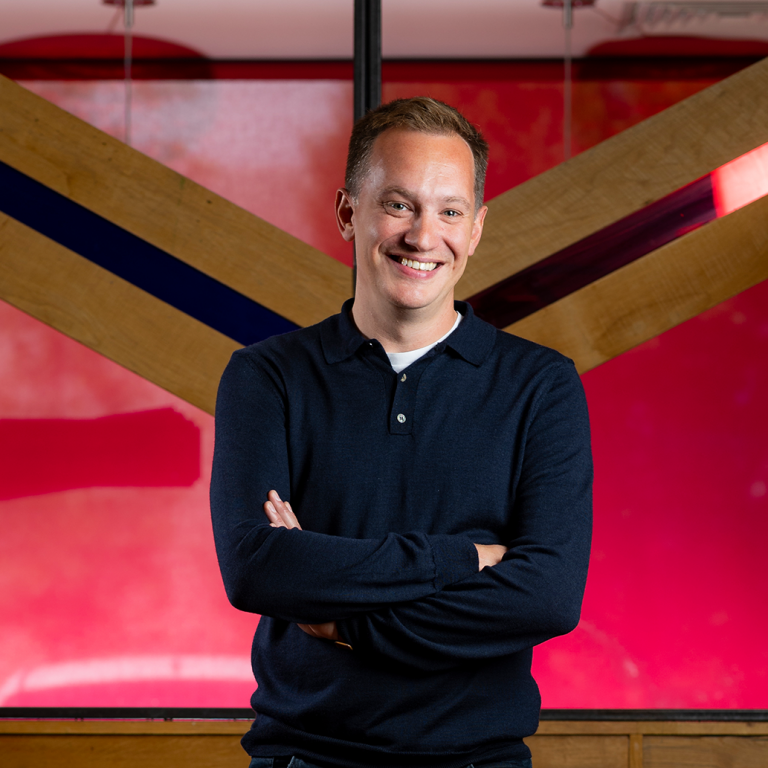I REALLY DO BELIEVE THE BEST DAYS OF WORKING IN HOSPITALITY ARE AHEAD OF US

I REALLY DO BELIEVE THE BEST DAYS OF WORKING IN HOSPITALITY ARE AHEAD OF US
Queen Mary University of London – Health and Safety DirectorateSalary: £43,677 to £51,040 per annum
University of Cambridge – Human Resources DivisionSalary: £33,482 to £39,355 per annum
University of Exeter – PS ConnectSalary: The starting salary will be from £27,644 per annum pro rata on Grade D, depending on qualifications and experience.